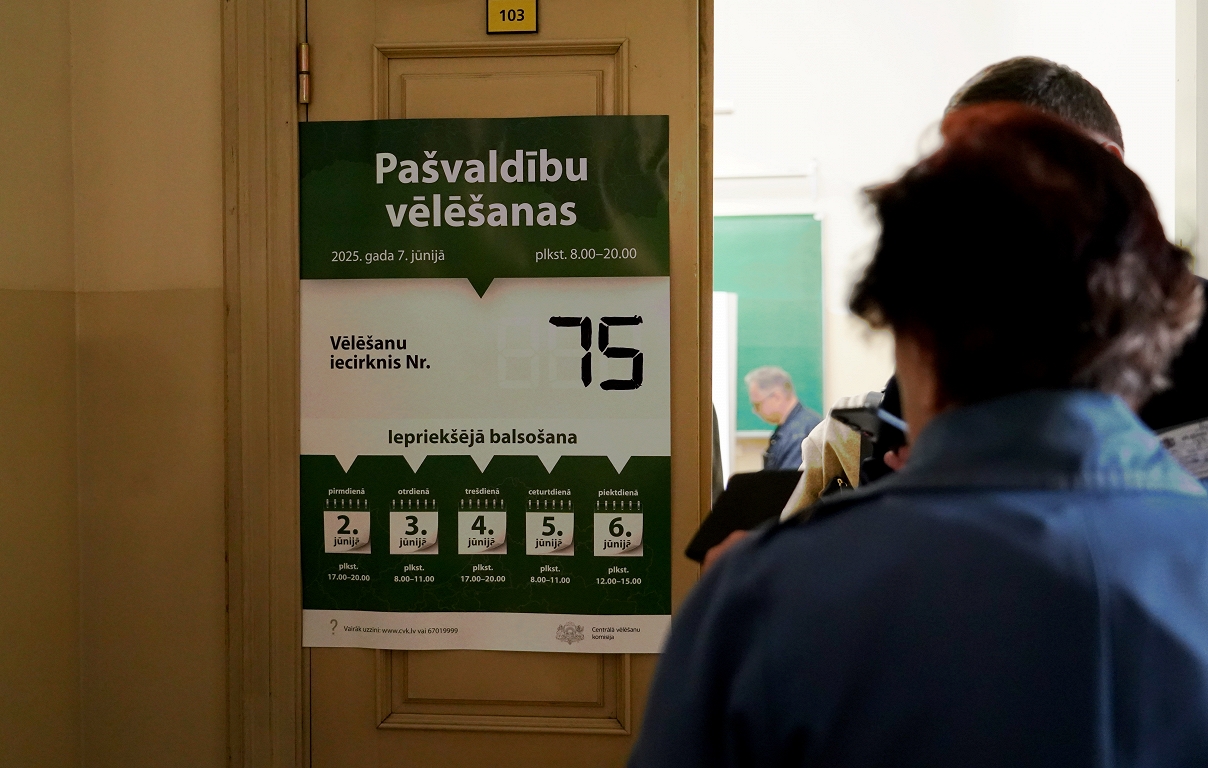Dermatologist with scary reveal: these signs of your skin are easy to overlook

« If you have a pimple that doesn’t go away within four weeks, contact your dermatologist, » he recently said at Tiktok according to US media New York Post.
Another sign that it’s time for a medical check? Stains that bleed. Therefore, it is not only in the event that you have had pimples for a long period of time that it is a good idea to book a time with the doctor.
« Another thing I often hear from patients is, ‘I just washed my face, and there’s this one place that keeps bleeding and forming the crust of the wound over and over,’ Sugai said.
« If you have a stain that does not heal completely or which is very fragile by light touch, like when you wash your face, then you should definitely seek out a dermatologist. »
Sugai says that both symptoms may be a sign of basal cell carcinoma (BCC), which is the most common form of cancer. Therefore, it is also a form of cancer that affects many Danes, which is why it is important to be aware of it.
As the name suggests, this skin cancer begins in the basal cells, which produce new skin cells when old dies, according to the Mayo Clinic.
« I diagnose these every day and I actually treat them surgically every day, » Sugai says.
BCC often develops ‘wood -like blood vessels’ that support their growth and make them particularly likely to bleed. It may appear as a pimple that does not heal, a glossy skin -colored bud, a white or waxy lesion, a flat, scaly stain or a lesion that is black, brown or blue.
Sugai emphasizes that BCC in patients with darker skin often presents itself as pigmented.
« It is typically dark pigmented with something red mixed in, and over time it develops into a paddy of wounds that slightly bleeding, » he explains.
According to Sugai, the first two decades of life are crucial to sun protection.
« The sunburns you get early in life will definitely affect your DNA’s health later, » he says.
However, he also adds that it is never too late to take preventative steps. Therefore, even if you are significantly older than 20 years, it is not reason to fail to protect you from the sun’s rays.
« Even if you start late using sunscreen, it’s never too late, » advises Sugai.
« Keep using sunscreen, because we don’t want to overload the skin with DNA mutations caused by the sun. »
Like other forms of skin cancer, BCC can develop later in life after years of sun exposure, and the treatment typically involves cutting the affected area away.
This type of cancer often occurs in areas exposed to the sun – such as neck, arms, face and head – but that doesn’t mean other parts of the body are safe.
« You can also get skin cancer in places where the sun doesn’t shine – yes, like around the vulva or penis, » Dr. Fatima Fahs, a certified dermatologist and skincare expert from Michigan, previously for The Post.
« While it may feel embarrassing, it is worth going to a doctor if you discover a new ‘pimple’ or a wound that will not heal. »
Fahs adds that hands and nails are also not exempt, which is why it is also something you need to make sure you keep an eye on.
« New dark stripes or growths in and around the nails should always be examined. Melanoma under the nail is possible – and may be more fatal, » she said.
Experts like Sugai and FAHS recommend that you be screened for skin cancer once a year – or more frequently if you are at risk. If it is more than a year ago that you were last checked, it would be a good idea to order a time for a screening as soon as possible.







